Books have the power to ignite minds, challenge perspectives, and shape the course of history.
But when we silence these voices through book bans, we risk extinguishing the passions that fuel progress and understanding.
Banning books, especially ones that focus on LGBTQ+, people of color, gender, and other controversial topics, limits our freedom of expression and restricts access to diverse perspectives.
In my opinion, books should never be banned because they have the power to educate, inspire, and spark important conversations. Everyone should have the opportunity to explore different ideas and form their own opinions.
These past two years have been harsh on upcoming generations and authors who wish to diversify ideas and share their stories — which is hard when specific groups are targeting and challenging books.
An article from PEN America from June this year shares that they have, “recorded 3,362 instances of book bans in US public school classrooms and libraries. These bans removed student access to 1,557 unique book titles, and the works of over 1,480 authors, illustrators, and translators. Authors whose books are targeted are most frequently female, people of color, and/or LGBTQ+ individuals.” To put it in perspective, 3,362 is close to the number of seconds in one hour and it’s being stolen from us.
Even though books can contain uncomfortable subjects, sometimes it’s okay for young adults to hear the reality of the world we live in.
In another passage from PEN America, they share the types of books that have the most bans. “Specific books like ‘Tricks’ by Ellen Hopkins, ‘The Bluest Eye’ by Toni Morrison, ‘Gender Queer: A Memoir’ by Maia Kobabe, ‘The Perks of Being a Wallflower’ by Stephen Chbosky, ‘Thirteen Reasons Why’ by Jay Asher and ‘Empire of Storm’s by Sarah J. Maas.”
These books all include controversial or harsh content, but what our country is teaching by banning these books is that these topics should not be talked about or discussed and that they should be banned or hidden from young adults.
And this is just the start of an ongoing battle.
According to PEN America, there have been 156 educational gag order bills introduced in 39 states since January 2021, and that there are currently 49 bills in 25 states that target colleges and universities.
This shows that the campaign is ongoing and expanding, and it’s concerning to see such attempts to control the narrative in education.
More evidence as to why books shouldn’t be banned can be found at Ala.org, where they explain that most bans come from parents who have differing opinions about the content in books and they use their rights as a person to challenge that.
“Before 2020, the vast majority of challenges to library books and resources were brought by a single parent who sought to remove or restrict access to a book their child was reading.” Compared to parents, patrons, political/religious groups, board administrators, librarians/teachers, and elected officials, parents have the highest percentage of challenging books. Why should the rest of us suffer the consequences of a single person’s point of view?
Following the idea that parents are the book’s biggest enemy, NBC News shared an article from September this year that focuses mainly on Florida’s book bans.
The article by Matt Lavietes states, “Florida school districts removed approximately 300 books from library shelves last school year. …The removals were prompted by more than 1,200 objections raised by parents of public school students or other Florida residents, according to a 16-page Florida Department of Education document that included the book list.”
Jennifer DeShazo, a spokesperson for the Martin County School District, said the district removed the books to comply with implementing the Parental Rights in Education Act, which critics have dubbed the “Don’t Say Gay” law.
Despite the new bills, teenagers around the country have not stayed quiet about their opinions.
In a popular article from The New York Times, students shared their opinions on the banned books.
A student named Jordan said “These books may have hard topics but they essentially are a needed part of education. They might be brutal and hard to swallow, but they are the best examples of real-world problems and history. They provide a good sense of realism and give kids somewhat of an idea of what goes on and has gone on in the world. Challenging these books is like trying to protect someone from the world. It makes them think the world has no struggle or insanely big problems. When in reality it does, and they will be directly affected by these problems.”
For Jordan, banning books is having the opposite effect of what it was meant to do.
In an article from TheFedralist.com a man who was on the school board of his children’s private Lutheran school explained how he came to be a book banner.
“It’s far too much to expect that government schools should take the next necessary step and develop a responsible framework examining how what students read might complement their moral development.
“Aside from being an awkward reminder that Banned Books Week isn’t really about books being banned, the list of frequently challenged books ultimately serves to highlight how the ‘Young Adult fiction’ market has become a cesspool.”
I can understand that this man doesn’t want his children to read certain books, and he has every right to enforce that for his children, but his ideas shouldn’t affect everyone else, especially when he thinks that as a society going against banned books is stupid.
Jessica Dax, one of Bear River’s librarians, shares that “I’m all for freedom to read and think. I never really think that banning a book is the right answer and I think discussing things that are uncomfortable is always good.”
Even though our school hasn’t had a problem with banning books, Ms. Dax shares that she believes the library could find some good ways to offer solutions for everyone if something were to happen.
I think that our school and other schools should spread awareness about banned books, promote open dialogue and understanding, and encourage discussions about literature.
Banning books not only limits our freedom but also hinders the education and inspiration that books provide. Young adults should have the chance to explore the realities of the world we live in, even if they contain uncomfortable subjects.
We must advocate for the preservation of intellectual freedom and ensure that everyone has the opportunity to form their own opinions through exposure to diverse ideas. We should continue to support authors who strive to share their stories and promote the diversity of ideas.
The Perils of Banning Books and Diminishing Intellectual Freedom
Kennedy Lyman, Staff
December 13, 2023
1
3
Donate to The Current
Your donation will support the student journalists of Bear River High School. Your contribution will allow us to purchase equipment and cover our annual website hosting costs.
More to Discover


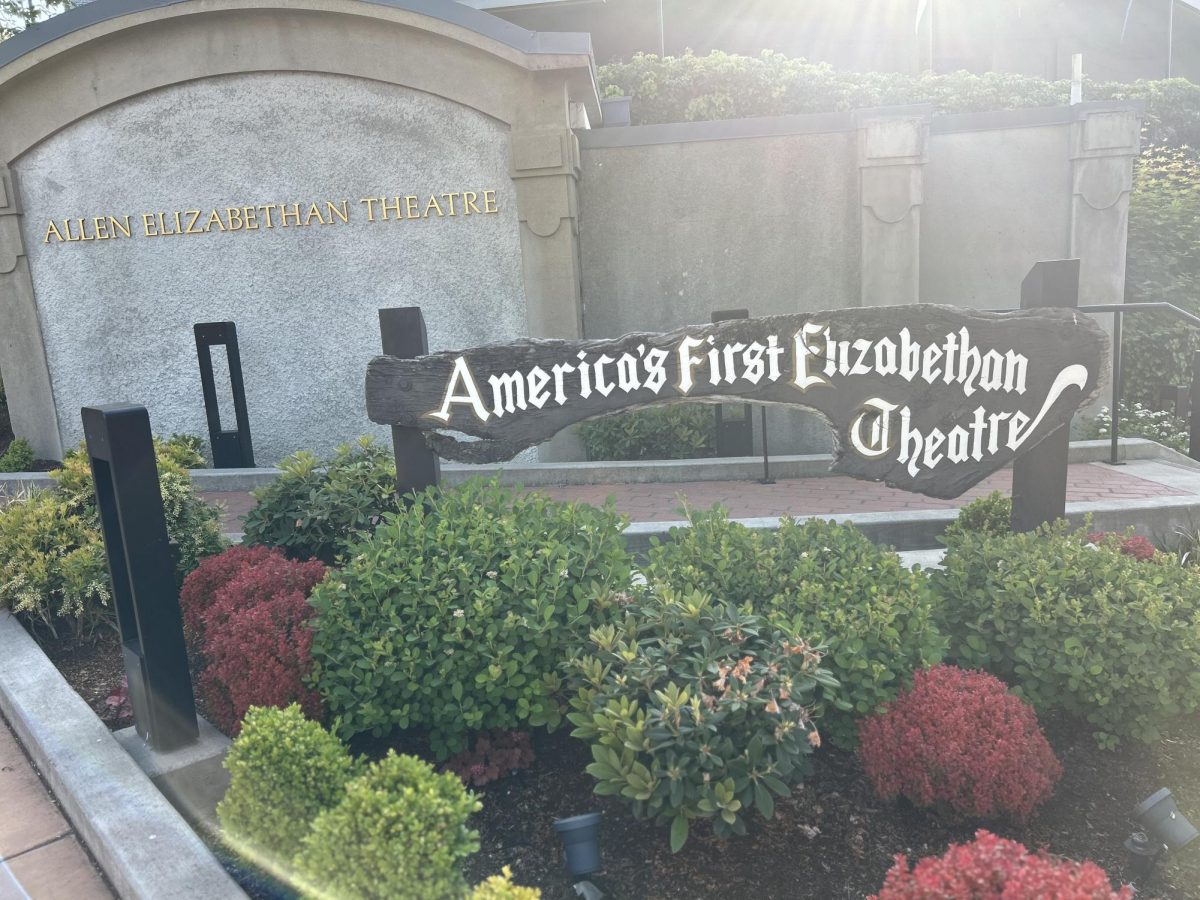
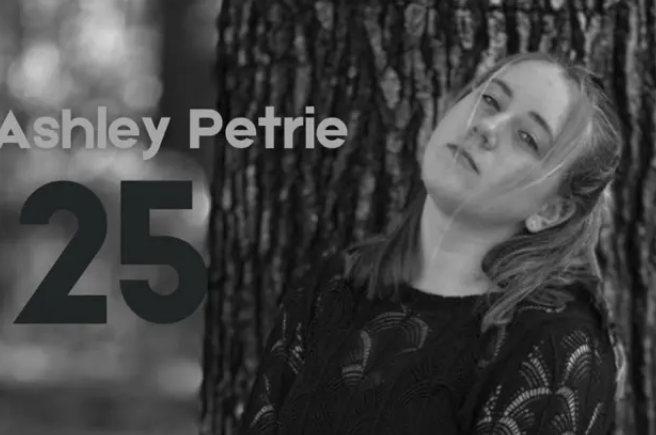


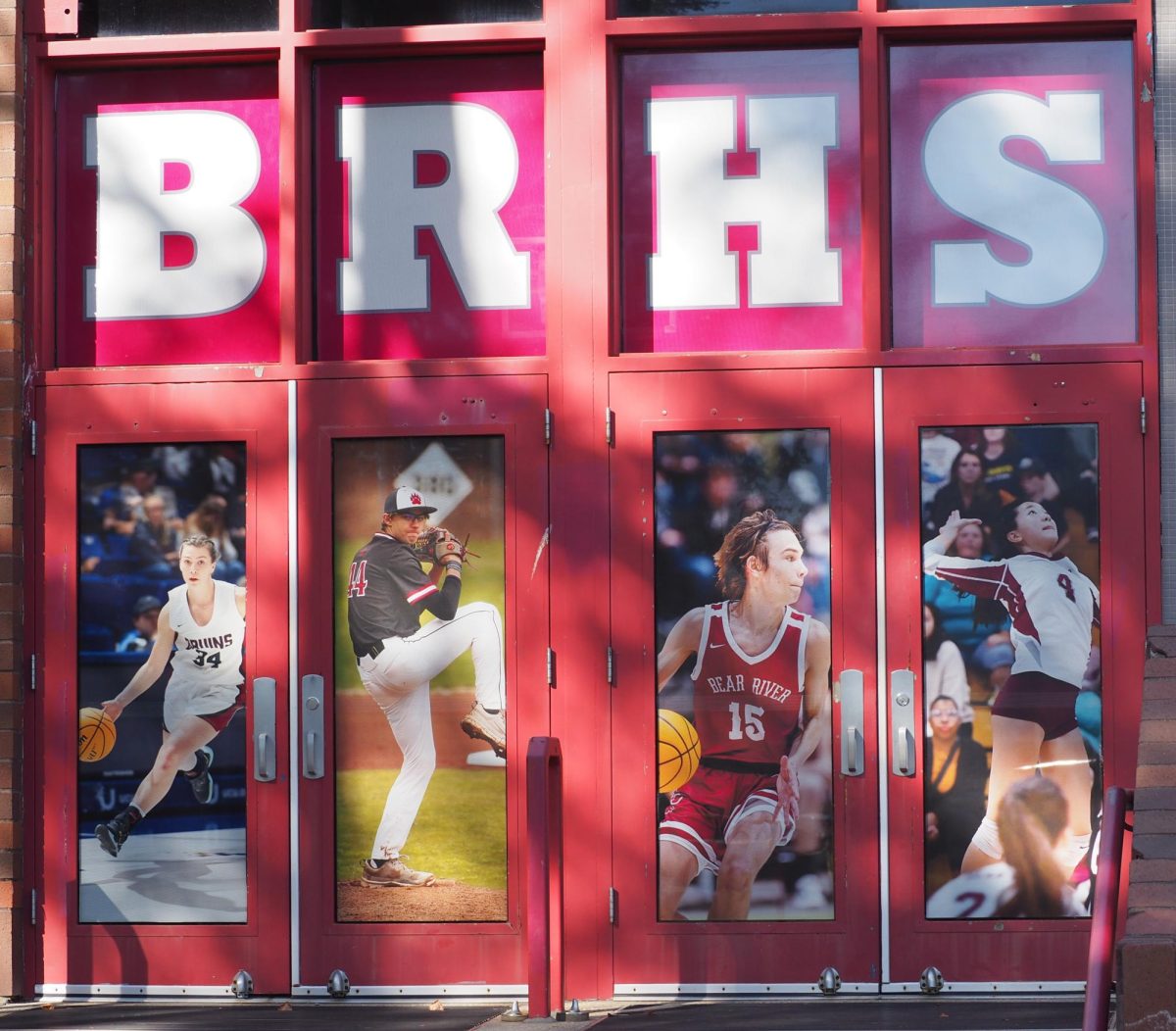



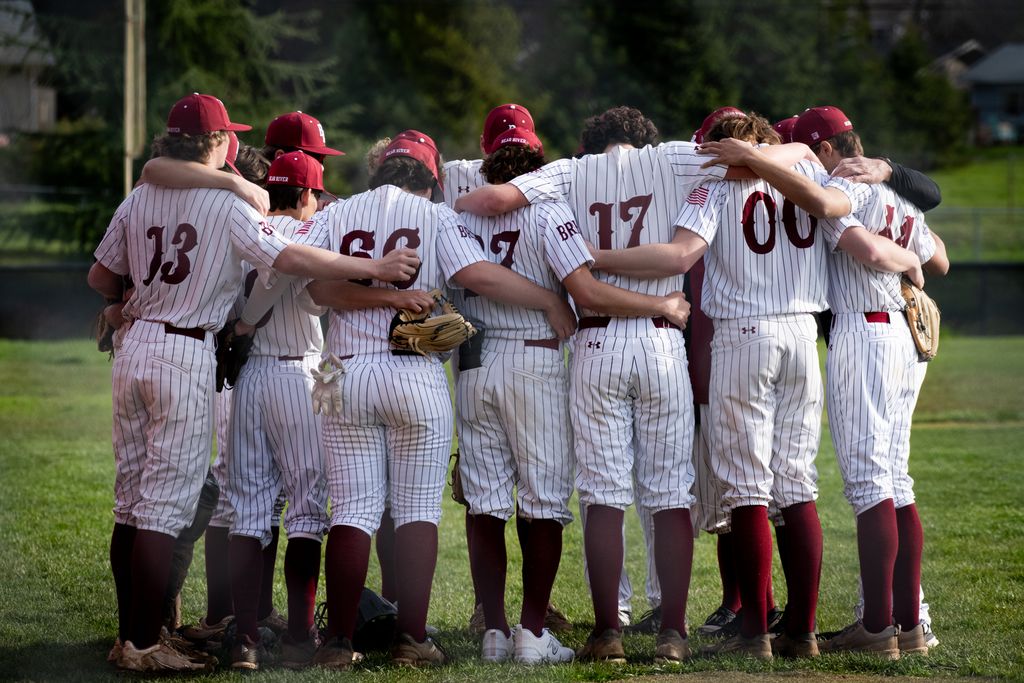


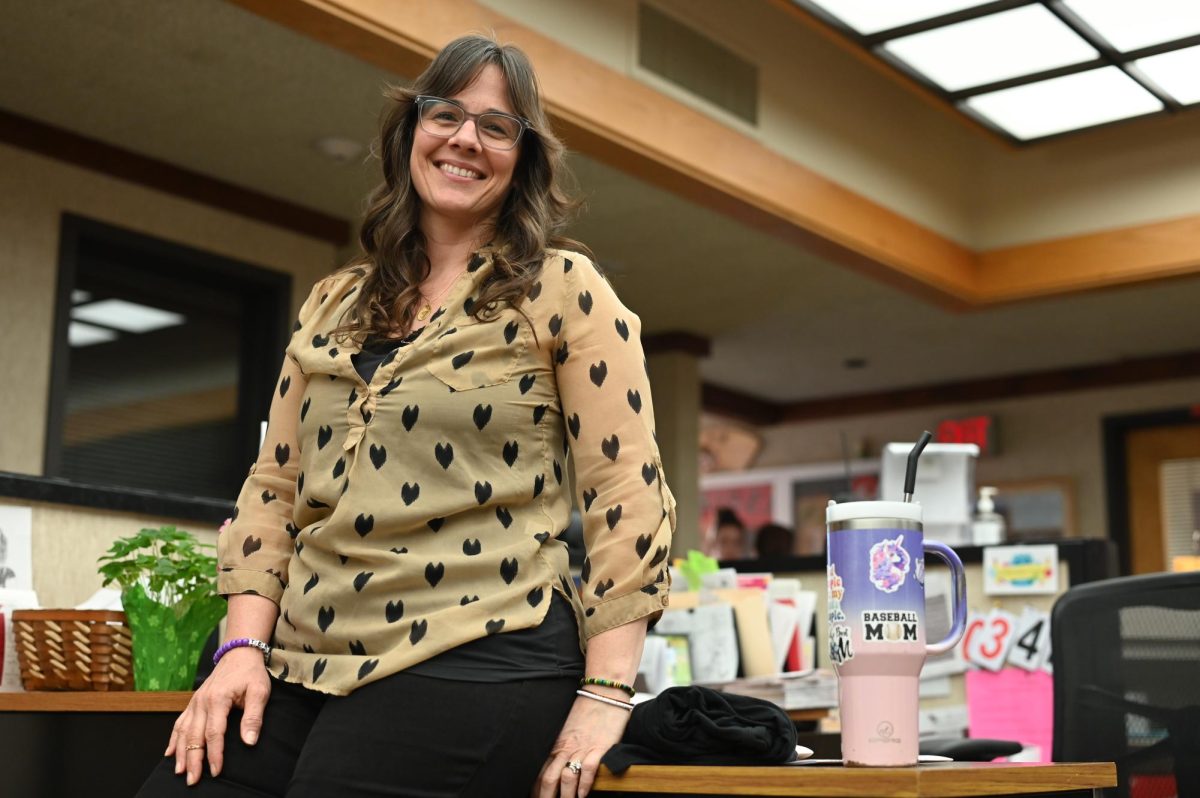























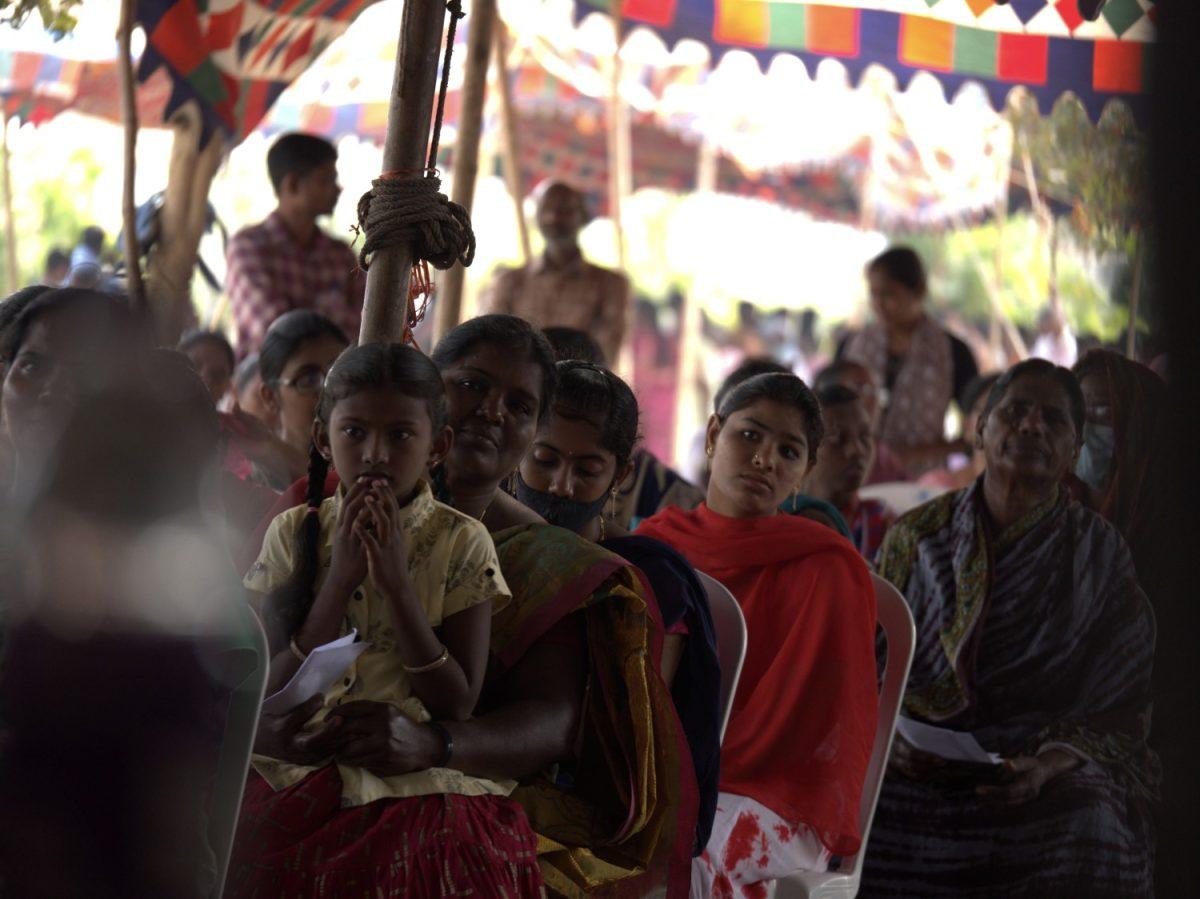

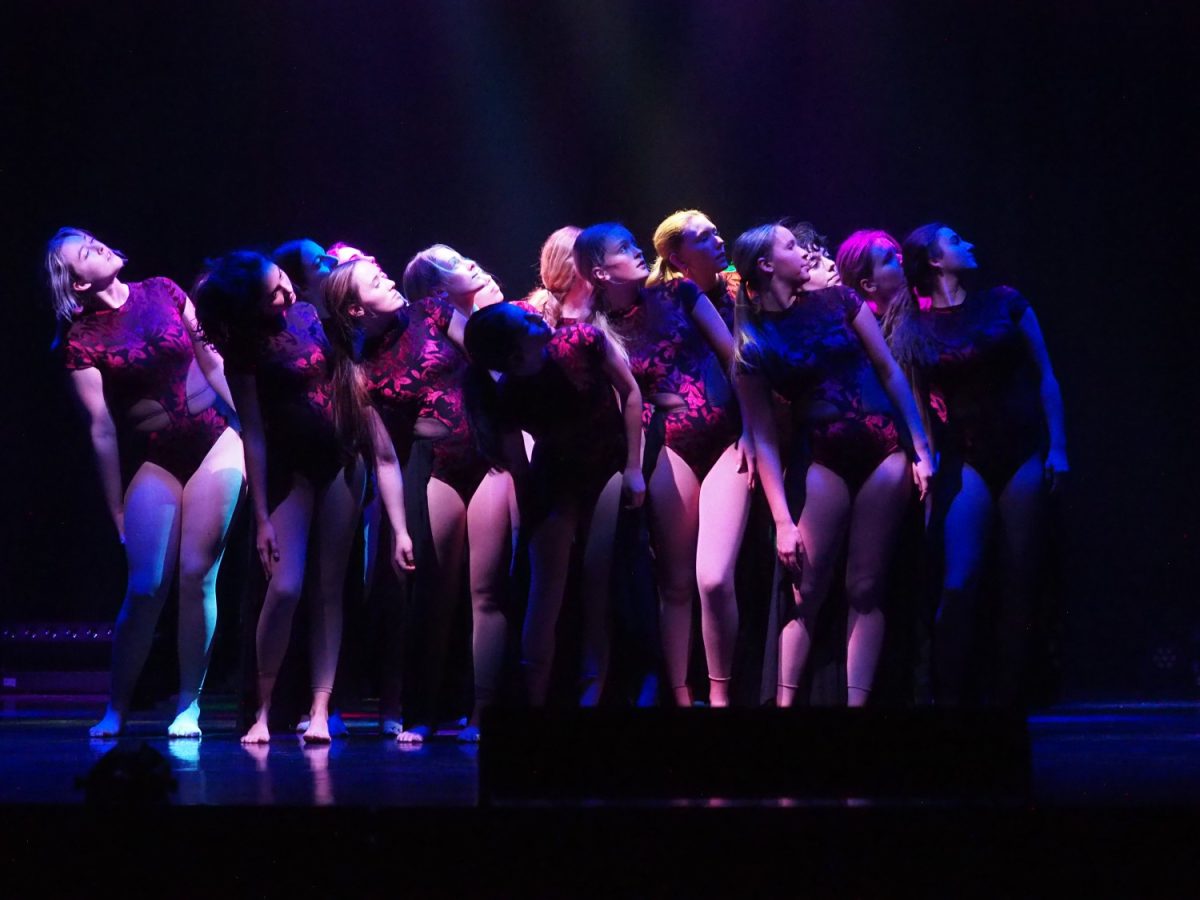
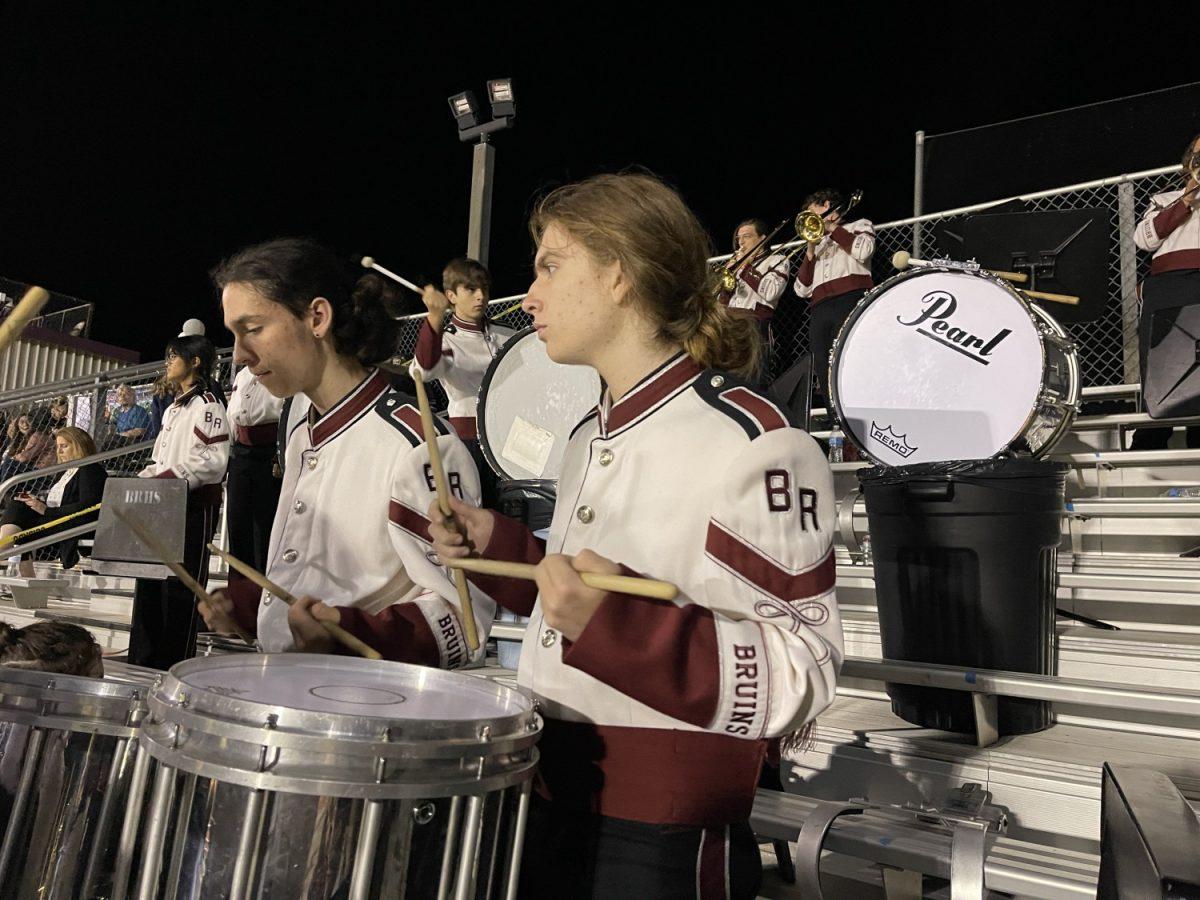
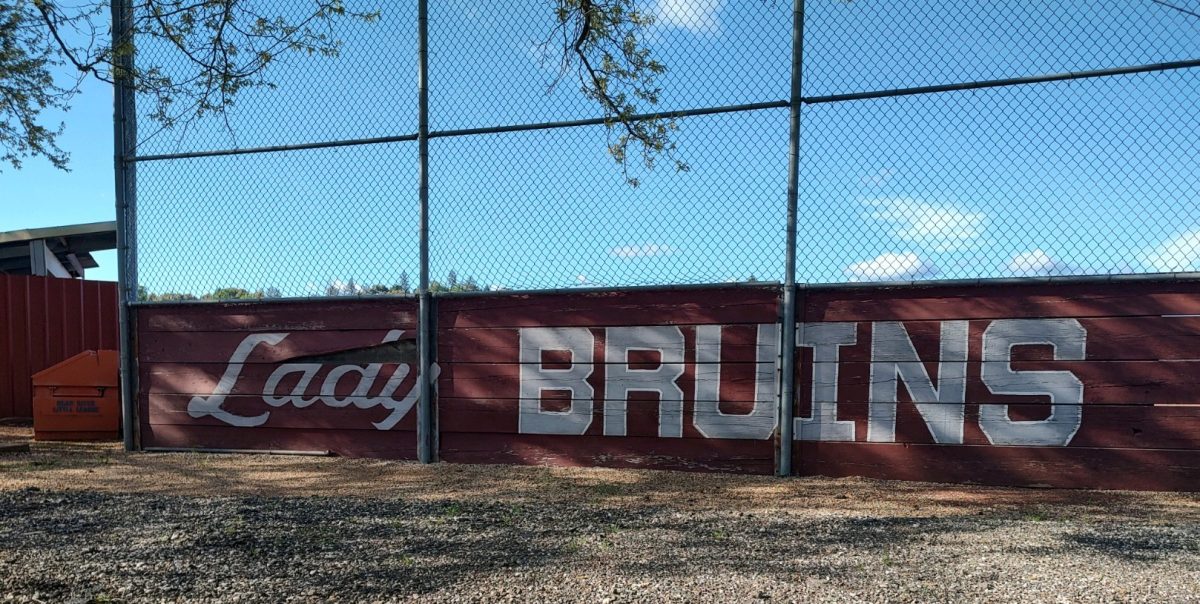
Vadim Kabardin • Dec 13, 2023 at 11:25 am
I ADORE this story!!!!!!!!!!!!!